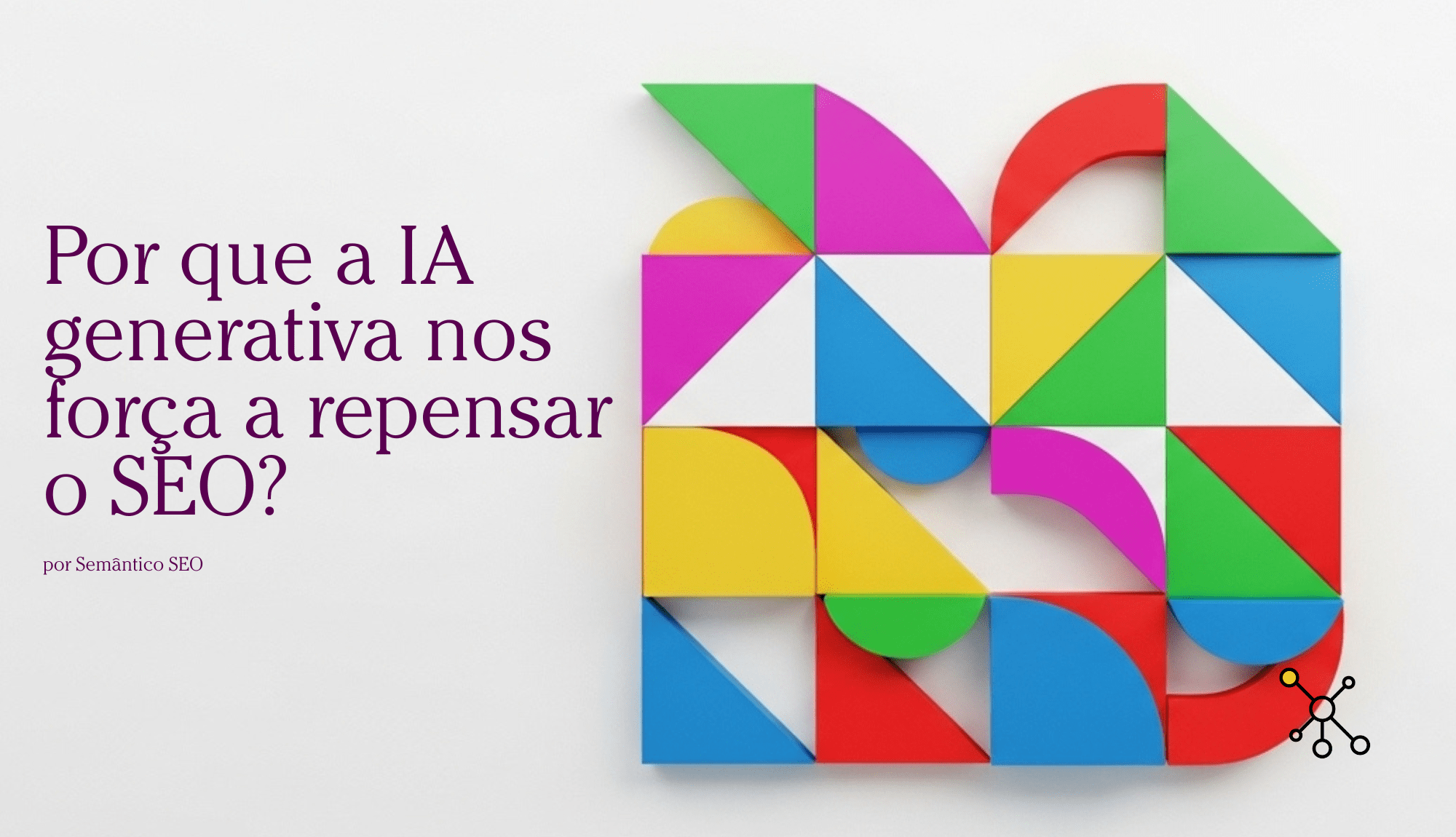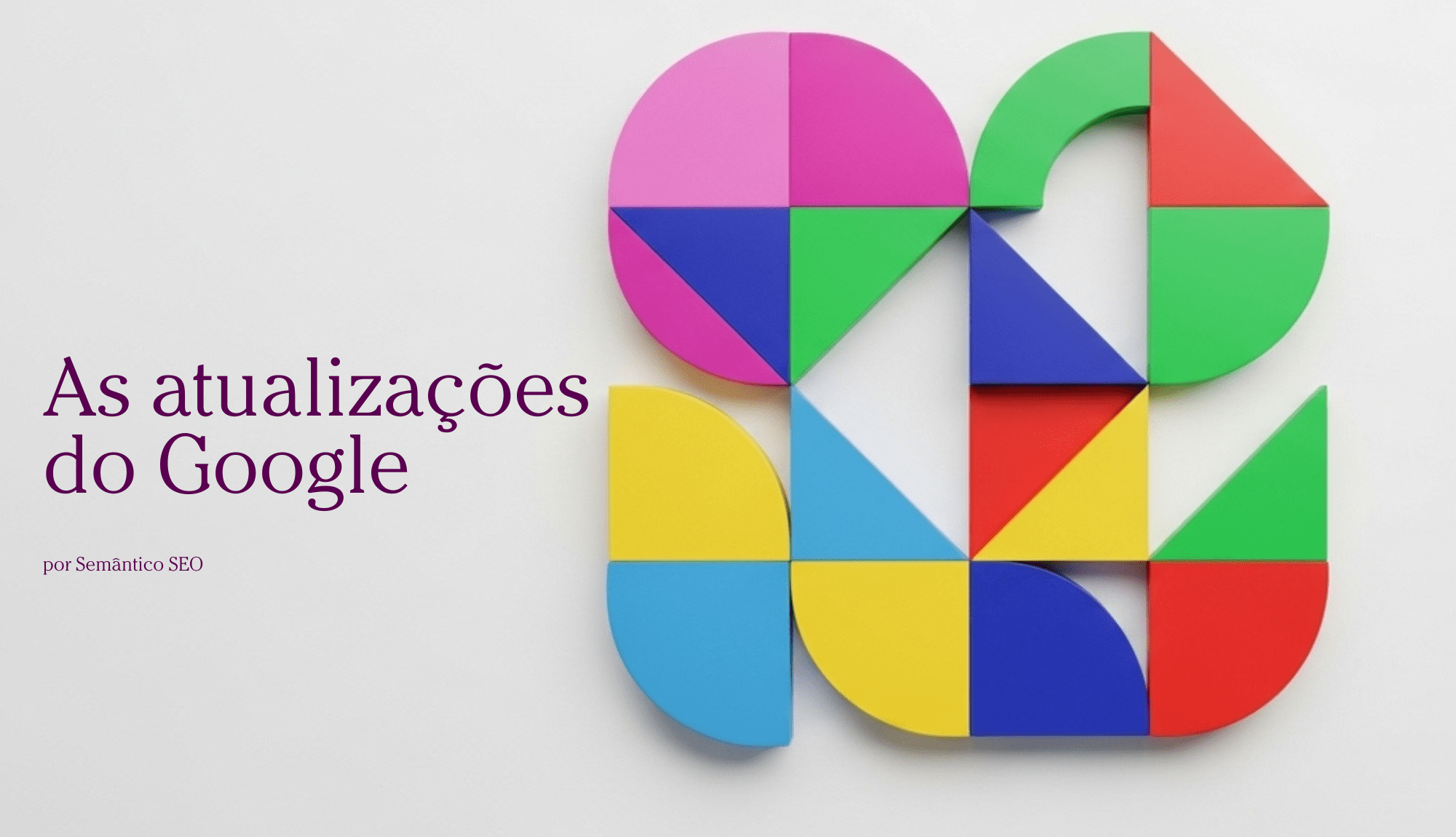Knowledge Graph
A knowledge graph, or Knowledge Graph in English, is a knowledge base of the Google search system that aims to improve the results of its search tool with semantic search information.
With a graph, the model created to handle data can be as large, complex, and deep as you need it to be, because it deals with connections between complete and high-quality data, allowing the use of sparse and incomplete data, making them usable.
The extensive use of knowledge graphs allows questions asked by all types of users to be mapped onto an organized set of information that can provide the answers we want.
In summary, knowledge graphs use semantic patterns to describe the structure of information to support reasoning and inferences.
See related content on semantics.
Terms related to semantics
ABCDEFGHIJKLMNOPQRSTUVWXYZ#
THE
AEO Search Algorithm
W
Semantic field, Science, Coding, Computer, Knowledge, Context
D
DataStructured dataDomain
AND
EconomicsEntity (information technology)Structure
G
Google Knowledge Graph Googlebot Knowledge Graph
I
InformationArtificial intelligenceInternet
L
Markup language
M
Structured markup, Marketing, Search engine
N
Business
THE
Ontology (Computer Science) Optimization Optimization for Response Mechanisms Optimization for Search Engines OWL
P
Product Research (marketing)
R
Resource Description Framework
S
SemanticsSemioticsSEO SEMANTICSSignal (semiotics)About Semantics
T
Taxonomy, Technology, Graph Theory, Tim Berners-Lee
W
Web 2.0Semantic WebWorld Wide Web



Post comment